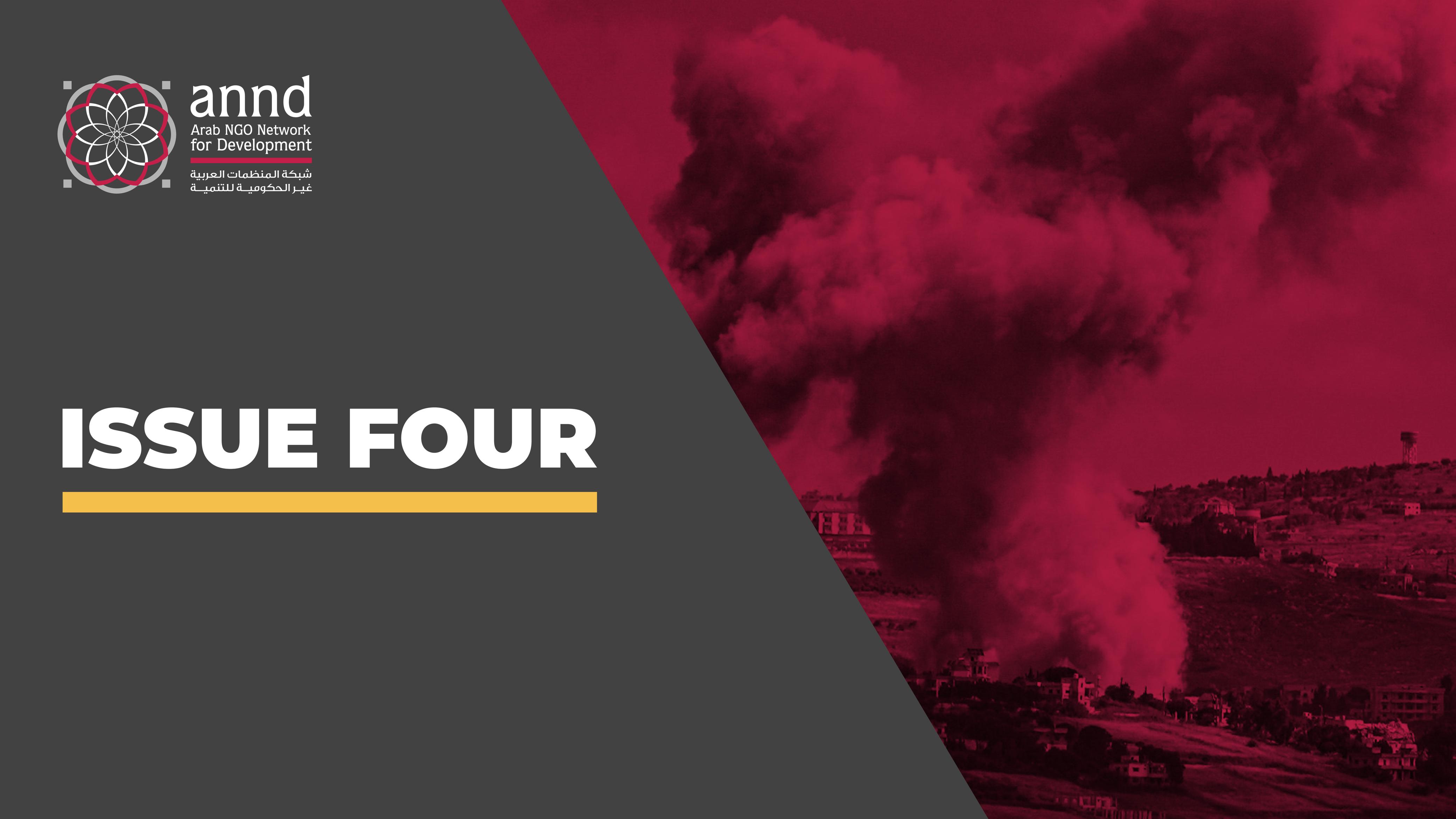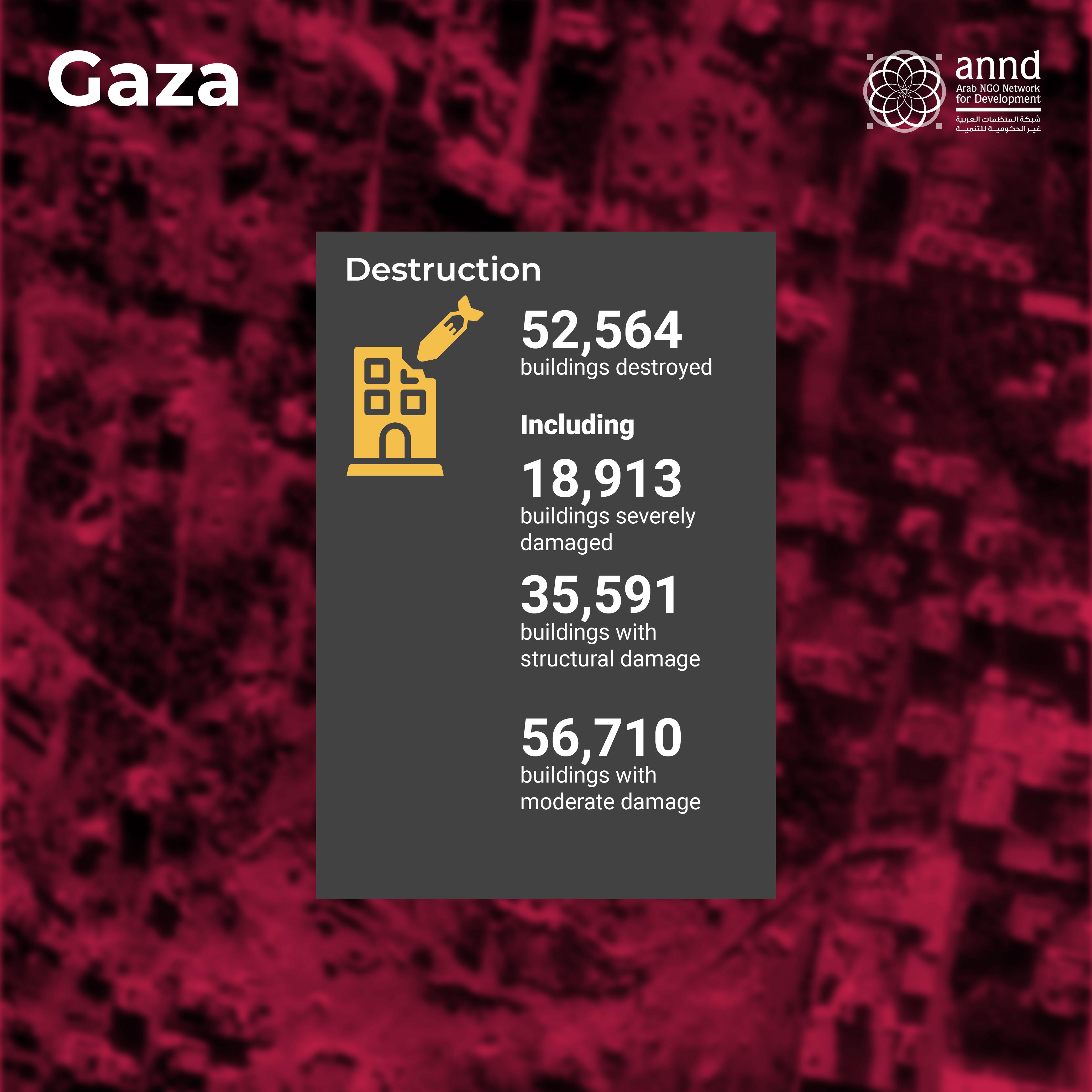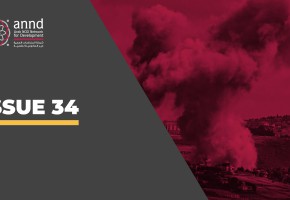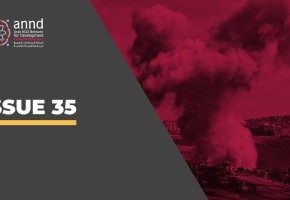A Region on Fire
Issue Four - September 30, 2024
Israel Prepares for Ground Invasion
More than a week after the broadened military operations began on Lebanese territory, reports from southern Lebanon indicate that Israel has started to implement its maneuvering toward a ground incursion into Lebanon. The Defense Minister has stated that the goal is to destroy Hezbollah's infrastructure along the border and establish a buffer zone. Notably, American statements suggest there is U.S. approval of this operation and its declared objective.
Additionally, Palestinians have been targeted. Following an attack two days ago on the Palestinian refugee camp in Al-Buss (near Tyre, southern Lebanon) and the assassination of Hamas leader Fathi al-Sharif, yesterday an attack targeted the Ain al-Hilweh camp near Saida (southern Lebanon) in an attempt to assassinate Fatah leader Munir Maqdah, who survived the operation. An Israeli airstrike also targeted leaders of the Popular Front for the Liberation of Palestine in a residential apartment in Beirut.
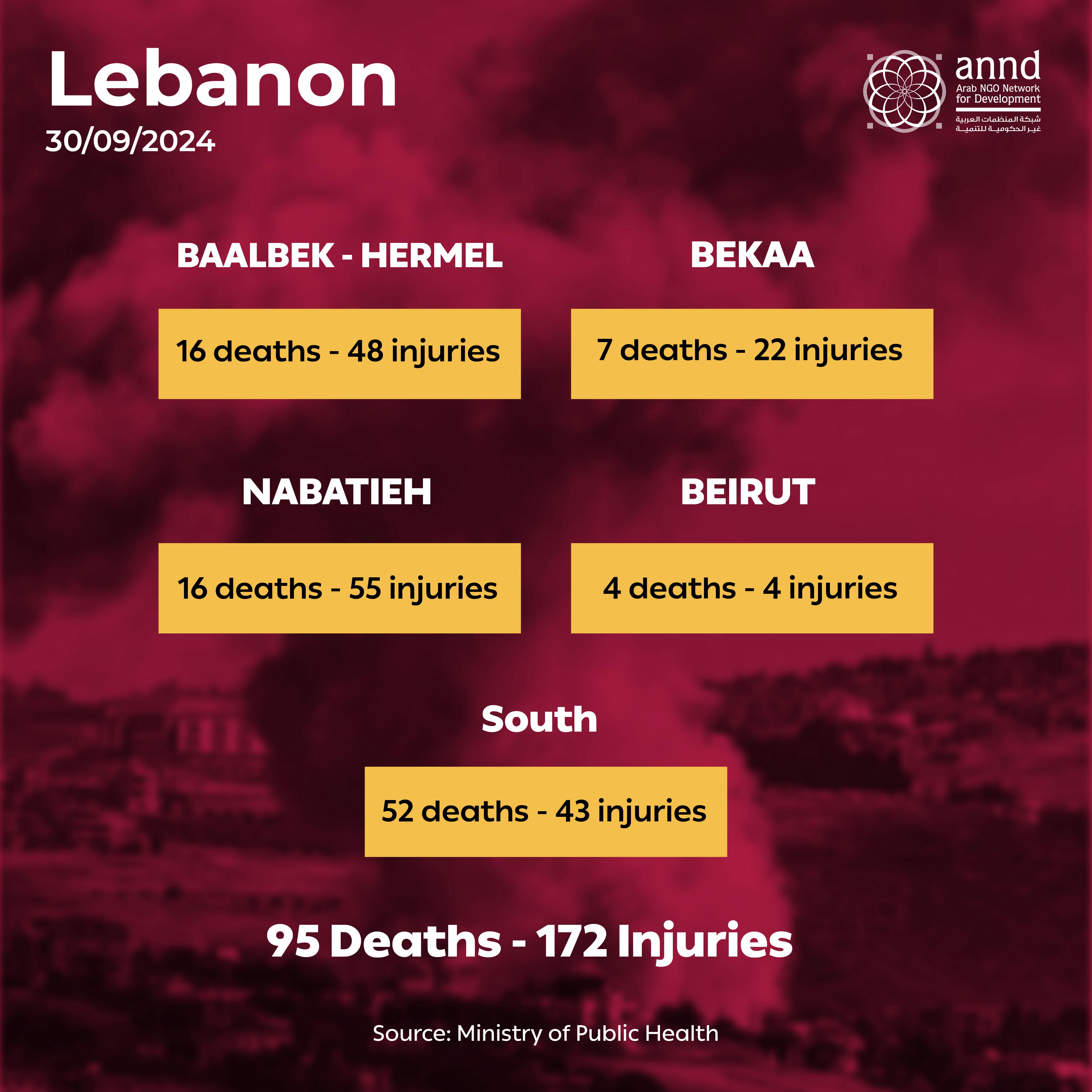
This followed a bloody day of massacres against civilians, which did not spare rescue, paramedic, and civil defense teams in the southern and Beqaa regions as a result of Israeli escalations that continued until dawn on Monday. The capital Beirut (beyond the southern suburb) was targeted for the first time since August 2006 with an assassination in the Kola area, a central part of the city. According to the Ministry of Health, Monday’s toll was 95 martyrs and 172 wounded, bringing the total to 1,840 martyrs and 8,939 wounded.
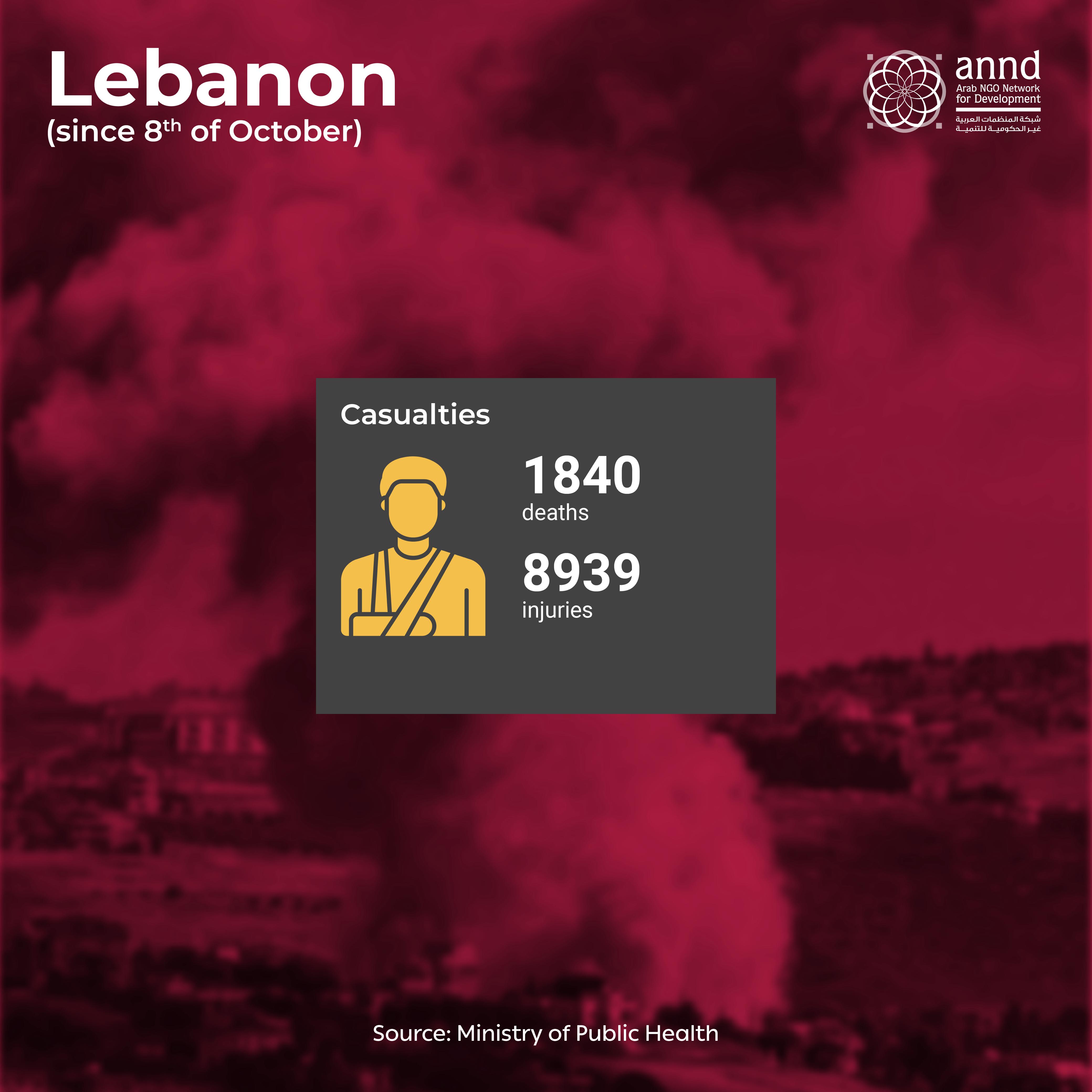
Humanitarian Aid and Response
Lebanon's fragile state institutions are struggling to deal with the repercussions of the war. The ongoing conflict, combined with dwindling public resources and lackluster international support, edges the government toward potential collapse. Efforts expended to manage humanitarian and developmental crises have been exhausted. The humanitarian crisis is worsening with over a million displaced people, exceeding the capacity of both official (state) and civilian (usually communal) sectors of social safety and support. Lebanese citizens are turning their anger toward the government for its failure to provide adequate shelter, essential supplies, and food needs. In contrast, individual and community initiatives are emerging in solidarity with the displaced, attempting to compensate for shortages despite scarce resources. Challenges for Syrian refugees are also mounting, with reports indicating a refusal to accept them in shelters and difficulties in returning many of them to Syria.
According to a report by ESCWA and several UN agencies, the conflict has inflicted untold damage on Lebanon's economy, with poverty rates in the southern regions expected to rise significantly, reaching 94% in the Nabatieh Governorate and 87% in South Lebanon. Key economic sectors in Lebanon have been severely impacted. The tourism sector, a vital lifeline, is projected to lose over $3 billion, while the agricultural sector has been decimated due to the use of incendiary white phosphorus bombs.
According to the Council of the South, as of mid-month, 52,678 homes and institutions have been damaged, with approximately 50,210 homes and 2,468 economic establishments documented as affected by the Israeli aggression. These estimates do not include the grave damage caused in the last week of the Israeli onslaught.
Lebanon has received humanitarian aid today due to the escalating conflict with Israel. The European Union has announced additional aid worth €10 million, Canada recently provided C$10 million, France delivered 12 tons of medical equipment, and the UAE has given $100 million in emergency humanitarian assistance to Lebanon. Other countries have expressed readiness to provide financial or in-kind assistance, although it remains insufficient to meet the needs on the ground so far.
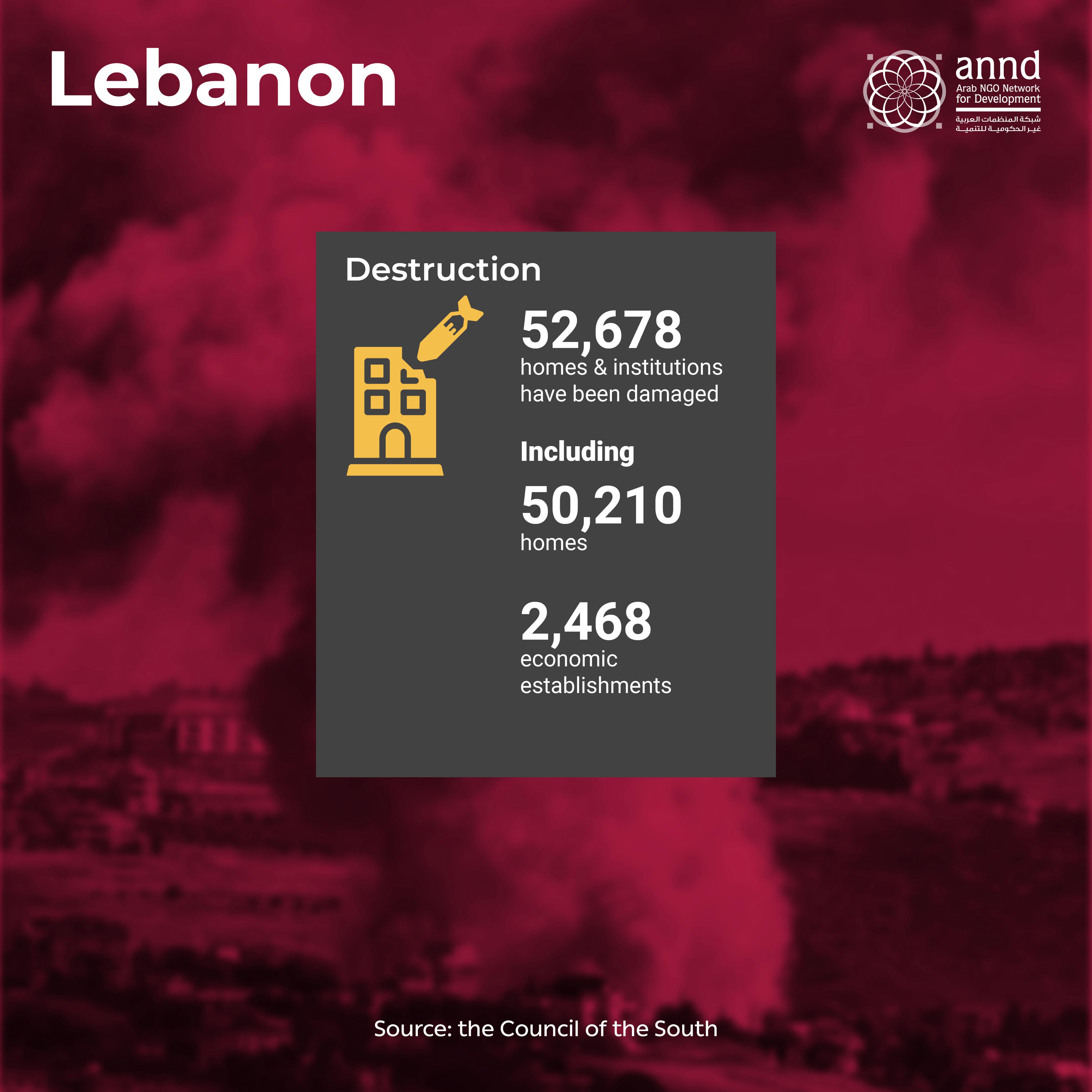
Political Positions in Lebanon
The political positions of Lebanese factions vary in direction, content, and impact. The general public and political sentiment, outside those in power, is pressing for the state and its institutions to reclaim their role, take initiative, and impose a ceasefire in line with international resolutions. A more explicit stance was voiced by the government, as Prime Minister Najib Mikati, after meeting with Speaker of Parliament Nabih Berri, declared Lebanon's readiness to fully implement Resolution 1701, including the deployment of the Lebanese army south of the Litani River, as soon as a ceasefire is in place. He also stated that Berri had assured him that once the ceasefire is achieved, he would call for a session to elect a President of the Republic—via consensus—who would not behave antagonistically. Mikati also called on donor countries to assist Lebanon in facing the challenges.
In the first statement by Hezbollah following the assassination of its Secretary-General, Deputy Secretary-General Sheikh Naim Qassem announced that Hezbollah would elect a new Secretary-General as soon as possible, stating that the battle would be long and all options were open, but would follow the same direction as the previous Secretary-General, implying the continuation of the party’s previous practices.
Former Minister and MP Walid Jumblatt expressed his regret that "no power dares to condemn Netanyahu—not France, not America, not anyone—as he does what he wants, kills whomever he wants, under the pretext of combating terrorism."
International Reactions
The most notable event at the political level was the arrival of French Foreign Minister Jean-Noël Barrot, who began a series of meetings with Lebanese officials. The French minister stated that "there are diplomatic solutions" that include "a ceasefire, respect for international law and humanitarian law, and the implementation of Resolution 1701." Later, during a press conference, Barrot said that the initiative launched by French President Emmanuel Macron and U.S. President Joe Biden for a ceasefire between Hezbollah and Israel "is still on the table," explaining that "the American-French proposal guarantees an immediate truce followed by a permanent ceasefire." Barrot urged Hezbollah and Israel to agree on an immediate ceasefire, and called on "Israel to halt any ground operation and ceasefire."
Meanwhile, the U.S. administration received notice of Israel's intent to launch a ground incursion into Lebanon. Media outlets reported that Israel’s limited ground operation plans have not dissuaded the United States. In the same vein, however, President Biden called for an end to military actions between Israel and Hezbollah. U.S. Secretary of State Antony Blinken emphasized the pursuit of a diplomatic solution that ensures security for both Israel and Lebanon, allowing citizens on both sides of the border to return to their homes. At the same time, the U.S. is bolstering its forces in the Middle East to reduce the risk of a broader regional war, protect American interests, and strengthen Israel’s defense capabilities.
The Kremlin has warned of the dangers of sliding into a regional war, and that indiscriminate shelling of residential areas in Lebanon could lead to a humanitarian catastrophe similar to that seen in Gaza.
As for the European Union, its foreign policy chief, Josep Borrell, acknowledged that the humanitarian situation in Lebanon is deteriorating rapidly, with over a million displaced within a few days. However, he also stressed that Israel's self-defense must comply with international law.
Iran’s position on developments in Lebanon and the region has been ambiguous. While affirming Hezbollah’s ability to achieve victory over Israel, it has not taken any serious initiative to show actual and on-the-ground solidarity with its most advanced and important military arm in the Middle East, despite Hezbollah suffering severe blows, including the destruction of a significant portion of its combat capabilities and the assassination of its military leadership, including the Secretary-General. An Iranian official declared that Iran would avenge the assassination of Hassan Nasrallah and the Iranian Revolutionary Guard official who was killed with him. The U.S. directly warned Iran against interfering in the war.
In Gaza
As Israel focuses its military efforts on the northern front with Lebanon, the intensity of operations in Gaza has subsided. On Monday, the United Nations announced that "two-thirds of buildings in Gaza have been destroyed or damaged since the war began in October 2023." This represents 66% of the total damaged buildings in the strip, amounting to 163,778 buildings in total.
The report indicated that the damages include "52,564 buildings destroyed; 18,913 buildings severely damaged; 35,591 buildings with structural damage; and 56,710 buildings with moderate damage."
The United Nations Food and Agriculture Organization (FAO) reported that about 68% of permanent crop fields in Gaza have seen a "significant decline in crop health and density in September."
Protests and Solidarity Statements Around the World: "Hands Off Lebanon,” "Free Palestine," and “Boycott Israel”
On Sunday, September 29, protests took place in cities across Sweden, Finland, France, Turkey, and Australia in solidarity with Gaza and the Palestinian people, whose existence is under threat from Israeli aggression.
The Climate Action Network issued a statement expressing solidarity with Lebanon, highlighting that the bombing of civilians and the deployment of tanks along Lebanon's borders with the threat of a ground invasion by Israel, along with the escalation in the West Bank and the rampant genocide in Gaza, are not only blatant violations of international law but also an insult to humanity that must stop immediately.
On September 28, the United Nations Secretary-General issued a statement on Lebanon urging all parties to recommit to the full implementation of Security Council Resolution 1701 (2006) and stating that "this cycle of violence must stop now, and all parties must step back from the brink."
World leaders issued statements at the United Nations General Assembly, highlighting the ongoing global crises. Luxembourg's Foreign Minister and Minister of Foreign Trade, Xavier Bettel, remarked: "The whole world, in fact, if you look geographically, is at war… and people perceive international institutions as 'a barking dog without teeth,'" in a statement that clearly reflects the weakened posture which the United Nations has sunk to.
